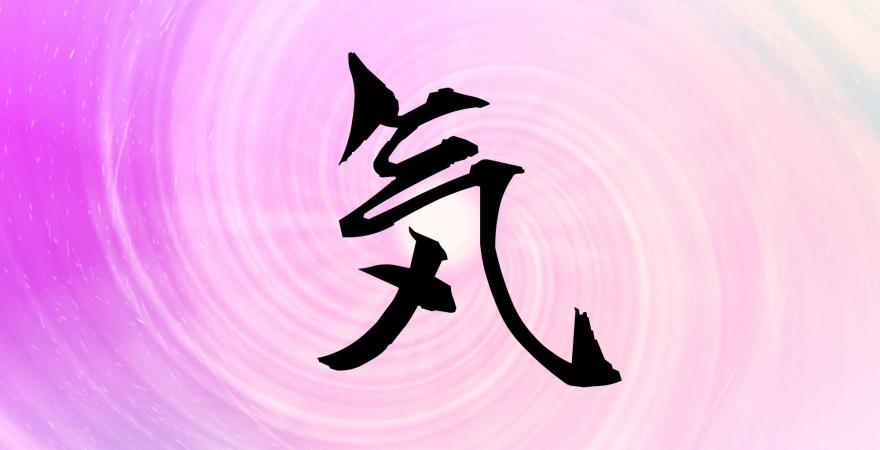
What is Qi?
In Traditional Chinese Medicine (TCM), Qi is the vital energy that sustains life. Although invisible, Qi is essential for the birth, growth, and overall functioning of all living things.
When Qi is insufficient, symptoms of "Qi deficiency" may appear, such as lack of energy, fatigue, and poor appetite. Also, when Qi becomes stagnant, symptoms of "Qi stagnation" may manifest, such as irritability and frequent sighing.
How is Qi generated?
Qi is produced in two primary ways:
- Prenatal Qi (先天の気) – This is inherited from our parents and originates from the jing (essence) stored in the kidneys.
- Postnatal Qi (後天の気) – This is continuously replenished through:
- Food essence (水穀精微) - Derived from daily nutrition, processed by the spleen and stomach.
- Fresh air - Obtained through breathing, facilitated by the lungs.
Classification of Qi
Qi can be categorized into different types:
- Fundamental Qi (基本の気) – Includes Yuan Qi (元気), Zong Qi (宗気), Ying Qi (営気), and Wei Qi (衛気).
- Organ Qi (臓腑の気) – Each organ has its own Qi, such as Liver Qi (肝気), Heart Qi (心気), Spleen Qi (脾気), Lung Qi (肺気), Kidney Qi (腎気), and others.
- Meridian Qi (経絡の気) – Qi flowing through the meridians, supporting circulation and balance in the body.
Functions of Qi in the Body
Qi plays several essential roles in maintaining health:
- Promoting – Facilitates bodily functions and activities.
- Warming – Regulates body temperature.
- Defending – Protects the body by preventing the invasion of external pathogens (邪気).
- Consolidating – Maintains organ positioning and regulates functions such as sweating and urination.
- Transforming – Converts substances within the body, playing a key role in metabolism.
- Nourishing – Enters the bloodstream to nourish the entire body (this type of Qi is called Ying Qi (営気).
From all of the above, it becomes clear that in addition to Prenatal Qi, our daily diet and lifestyle choices play a crucial role in maintaining and replenishing Qi, ultimately influencing our overall health.